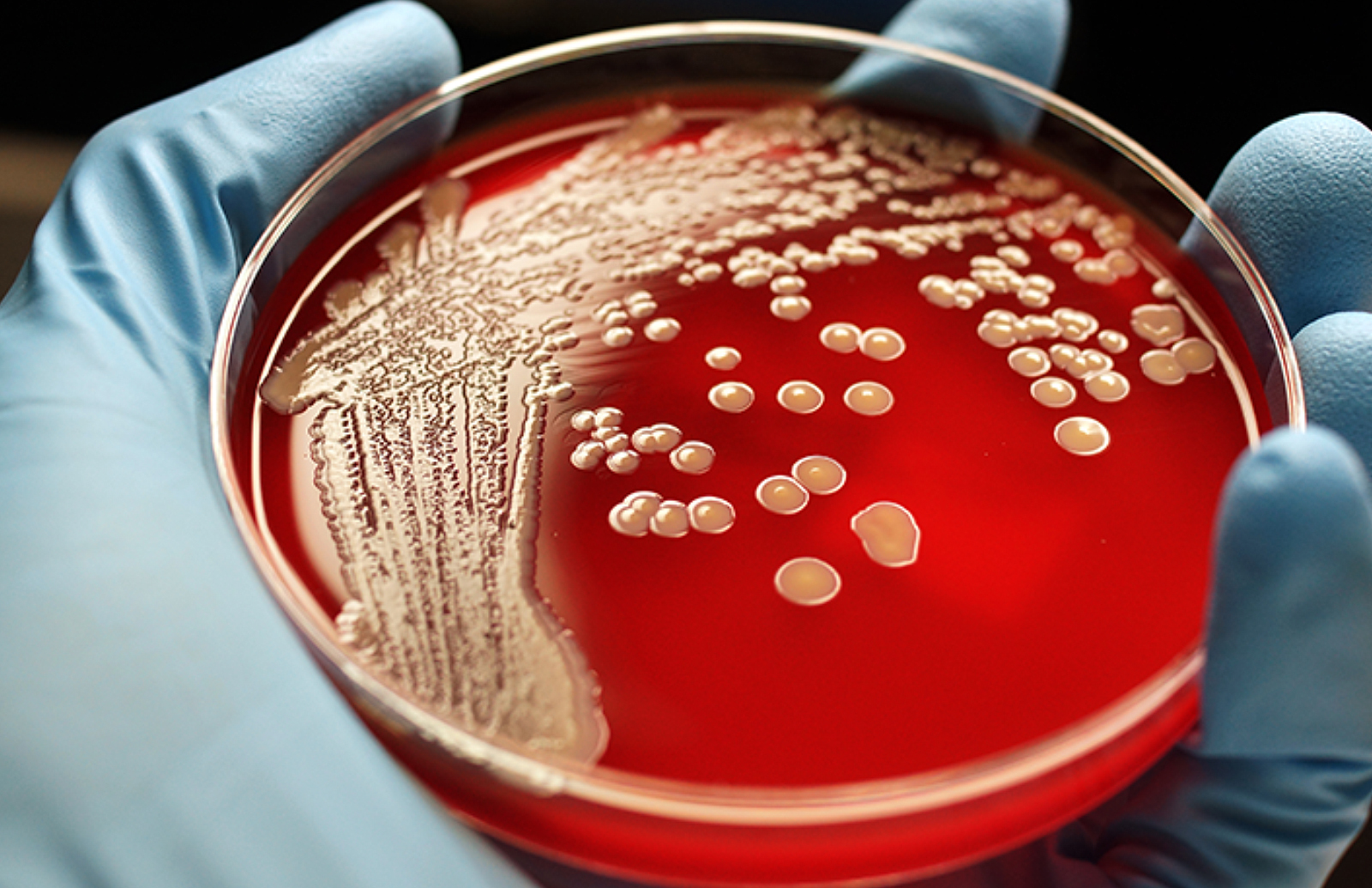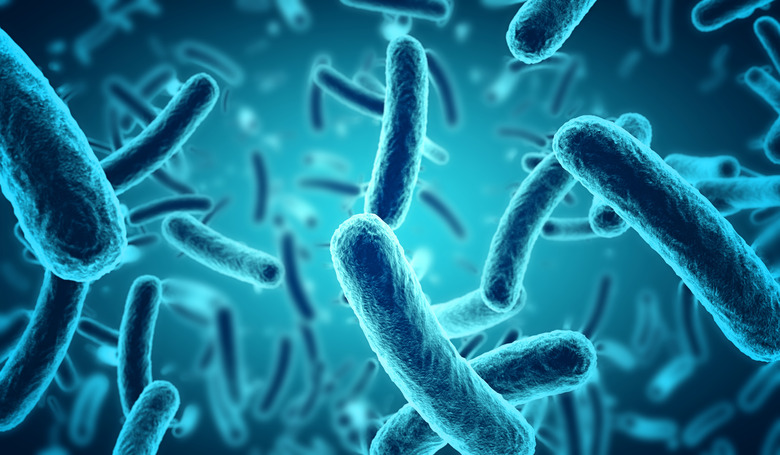Bacteria Found In Poop Can Help Heal Wounds Quicker
Scientists may soon turn to bacteria originally found in feces to help cure chronic wounds more quickly. An open wound, for example, is a perfect little breeding pool for bacteria. But not all bacteria is bad. In fact, one good bacteria is known as Alcaligenes faecalis, and it is named that because it was originally found in feces.
Now, I know what you're thinking. How can something found in poop be good for wounds? Despite sounding absolutely bonkers, scientists say that the bacteria has proven very useful in promoting the healing of chronic wounds, especially in people with diabetes.
The main reason people with diabetes struggle with chronic wounds so much is because their bodies coordinated process of wound healing typically collapses. This makes it much harder for chronic wounds to heal. Because these injuries are so difficult to treat, they can even lead to painful infections. By introducing good bacteria, though, we can promote more natural healing.

The researchers stumbled upon this most recent discovery, too. They were studying the microbiome of these chronic wounds when they came across A. faecalis. At first, they thought maybe it was just a bystander in the mix. However, as they colonized the wounds with the bacterium, they found that they actually seemed to heal the wounds much faster.
In fact, the researchers noticed that wounds on diabetic mice produced faster-moving keratinocytes, an important skin cell involved in wound closure. It seems that this good bacteria is responsible for the creation of those faster-moving cells.
Additional research is still needed to pinpoint exactly why A. faecalis has proven so useful and worthwhile in healing chronic wounds. However, a study published in Science Advances shows that it can compete with some particularly dangerous bacteria and still come out on top.
